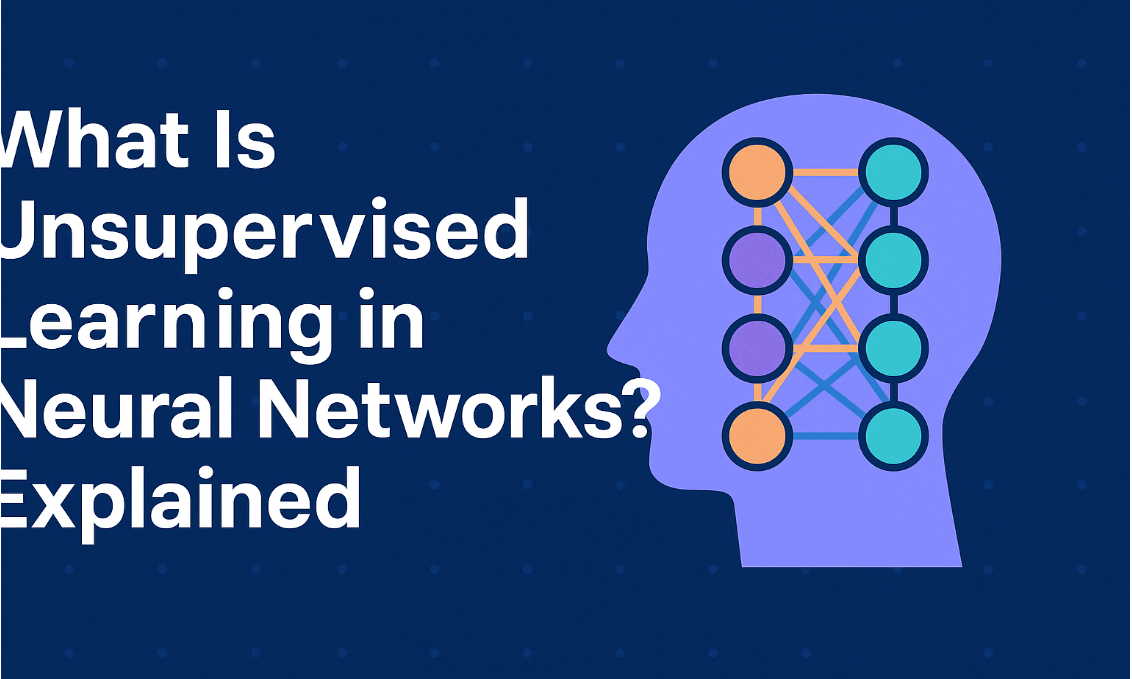
Techniques of Good Writing for Human Values and Soft Skills
Introduction
Good writing is an essential skill in both personal and professional life. It reflects clarity of thought, effective communication, and emotional intelligence. In the context of human values and soft skills, writing plays a significant role in fostering empathy, ethical decision-making, and teamwork. This article explores the techniques of good writing, their importance, advantages, disadvantages, and practical examples to improve communication skills.
Table of Contents
History and Evolution of Good Writing
Essential Techniques of Good Writing
Advantages of Good Writing for Human Values and Soft Skills
Challenges and Disadvantages of Writing
Difference Between Effective and Ineffective Writing
Problem-Solving Through Writing
Courses to Improve Writing Skills
SEO and Writing Optimization for the Digital Era
Conclusion
FAQs
History and Evolution of Good Writing
The art of writing has evolved from ancient manuscripts and handwritten scripts to digital communication. Early civilizations like the Sumerians, Egyptians, and Greeks used writing to document laws, traditions, and knowledge. Over time, writing has adapted to different mediums, including books, newspapers, and digital platforms, making it an indispensable tool for communication and knowledge-sharing.
Essential Techniques of Good Writing
1. Clarity and Simplicity
Good writing should be clear and concise. Avoid unnecessary jargon and complex sentence structures to ensure the message is easily understood.
2. Structure and Organization
A well-structured piece of writing follows a logical flow. Use headings, subheadings, bullet points, and paragraphs to organize content effectively.
3. Tone and Style
Depending on the purpose, writing can be formal, informal, persuasive, or narrative. Choosing the right tone enhances the impact of the message.
4. Emotional Intelligence in Writing
Writing should evoke emotions and create a connection with the reader. This is particularly important when discussing human values and soft skills.
5. Persuasive and Argumentative Techniques
Effective writing often involves persuasion. Using logic, evidence, and storytelling can make an argument compelling.
6. Grammar and Readability
Proper grammar and readability improve the credibility of written content. Using tools like Grammarly and Hemingway Editor can refine writing quality.
Advantages of Good Writing for Human Values and Soft Skills
Enhances Communication: Good writing improves the ability to convey thoughts and ideas effectively.
Develops Critical Thinking: Writing encourages analysis and structured reasoning.
Promotes Empathy: Writing with human values fosters understanding and emotional intelligence.
Strengthens Leadership Skills: Clear writing aids in better decision-making and conflict resolution.
Facilitates Personal Growth: Expressing ideas in writing helps in self-reflection and growth.
Challenges and Disadvantages of Writing
Time-Consuming: Writing effectively takes time and practice.
Subjectivity in Interpretation: Readers may misinterpret the intended message.
Writer’s Block: Creativity may not always flow naturally.
Dependence on Writing Tools: Over-reliance on technology can hinder natural writing ability.
Difference Between Effective and Ineffective Writing
| Feature | Effective Writing | Ineffective Writing |
|---|---|---|
| Clarity | Clear and concise | Confusing and verbose |
| Structure | Well-organized | Disorganized |
| Tone & Style | Appropriate to the audience | Inconsistent or unsuitable |
| Engagement | Captivating and interactive | Boring and monotonous |
Problem-Solving Through Writing
Writing can be an effective tool for problem-solving in various scenarios:
Conflict Resolution: Writing structured emails or reports helps address disputes professionally.
Decision-Making: Writing down pros and cons can help in making informed decisions.
Idea Development: Brainstorming through writing enhances creativity and innovation.
Courses to Improve Writing Skills
Coursera – Writing for Professional Development
Udemy – Writing with Impact
Harvard Online – Business Writing
Grammarly Writing Course
Writing Optimization for the Digital Era
To rank well in search engines, writing must be optimized for SEO:
Use Keywords Naturally: Incorporate primary and secondary keywords strategically.
Optimize Meta Titles and Descriptions: Ensure they are engaging and keyword-rich.
Improve Readability: Short paragraphs, bullet points, and simple language enhance user experience.
Use Internal and External Links: Linking to credible sources improves content authority.
Include Visuals: Infographics and images enhance readability and engagement.
Conclusion
Good writing is a powerful tool that enhances communication, fosters human values, and develops soft skills. By implementing essential writing techniques, individuals can improve their professional and personal interactions. Whether for personal growth, professional development, or digital success, mastering the art of writing is invaluable.
FAQs
Q1: How does good writing enhance communication skills?
A: Good writing enables clear expression of ideas, reducing misunderstandings and improving collaboration.
Q2: What are the best tools for improving writing skills?
A: Tools like Grammarly, Hemingway Editor, and ProWritingAid help enhance writing quality.
Q3: How can I develop persuasive writing skills?
A: Practice using logical arguments, storytelling, and evidence to make your writing more compelling.
Q4: How does writing contribute to personal growth?
A: Writing encourages self-reflection, emotional intelligence, and structured thinking, contributing to personal and professional development.








